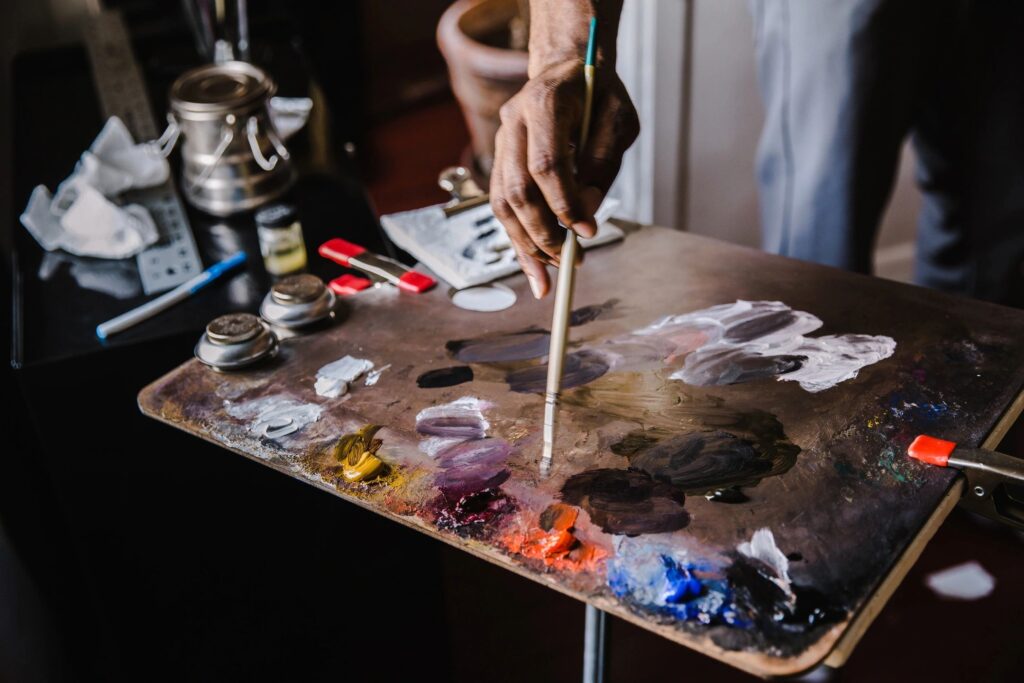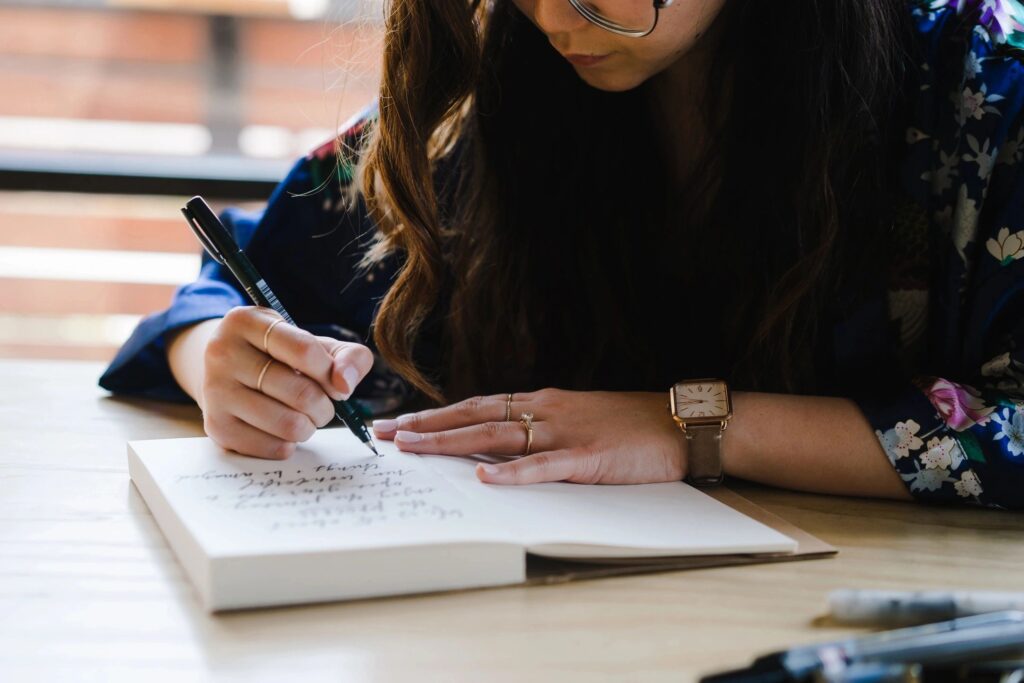Incorporating Art & Music in Therapy
Art based interventions have been known to have a positive affect on psychological and physiological wellness. According to Stuckey and Nobel (2010), "...there is evidence that engagement with artistic activities, either as an observer of the creative efforts of others or as an initiator of one's own creative efforts, can enhance one's moods, emotions, and other psychological states as well as have a salient impact on important physiological parameters" (p. 254). The Arts (music, painting, drawing, story writing, dance, etc.) help people express experiences that are too difficult to put into verbal words. The intent in using the arts is to provide a safe and supportive environment that enables and encourages clients to express themselves in whatever way possible, encouraging self-expression and development supported by the therapeutic relationship. "Medical professionals are beginning to recognize the role that creative arts play in the healing process; increasingly, arts in medicine programs are emerging throughout the United States and worldwide" (Rebecchini, 2021). Other studies have similarly reported utilizing music and art as a structured intervention in treating mental illnesses such as anxiety, depression and schizophrenia has been reported as beneficial in relieving symptoms (Mossler et al., 2011; Erkkila et al., 2011), while improving mood and social interactions (Edwards, 2006).
Dr. Arias Shah, though does not claim to formally do "Music Therapy" or "Art Therapy" as an approach itself, her appreciation and artistic experiences/abilities throughout her life, have fortuned her to utilize these tools in her clinical therapeutic work. As a Solution Focused Narrative therapist, she uses art expressions to help clients narrate their stories, externalizing the problem, and expanding their sense of self.
Research shows that positive results can be achieved when music and / or art therapy are used as a complementary therapy to treat a number of conditions, including:
- Attention deficit hyperactivity disorder (ADHD)
- Anxiety
- Depression
- Problems with cognitive function
- Eating disorders, including anorexia and bulimia
- Emotional difficulties
- Psychological symptoms associated with medical issues, such as cancer or disability
- Post-traumatic stress disorder (PTSD)
- Psychological issues
- Relationship/family issues
- Stress
- Substance/ dependency
- Trauma
To learn more about incorporating art and music in psychotherapy contact
Dr Arias Shah today @ 888-995-3676


